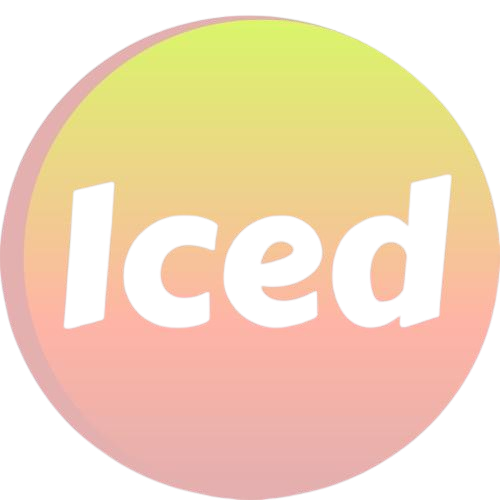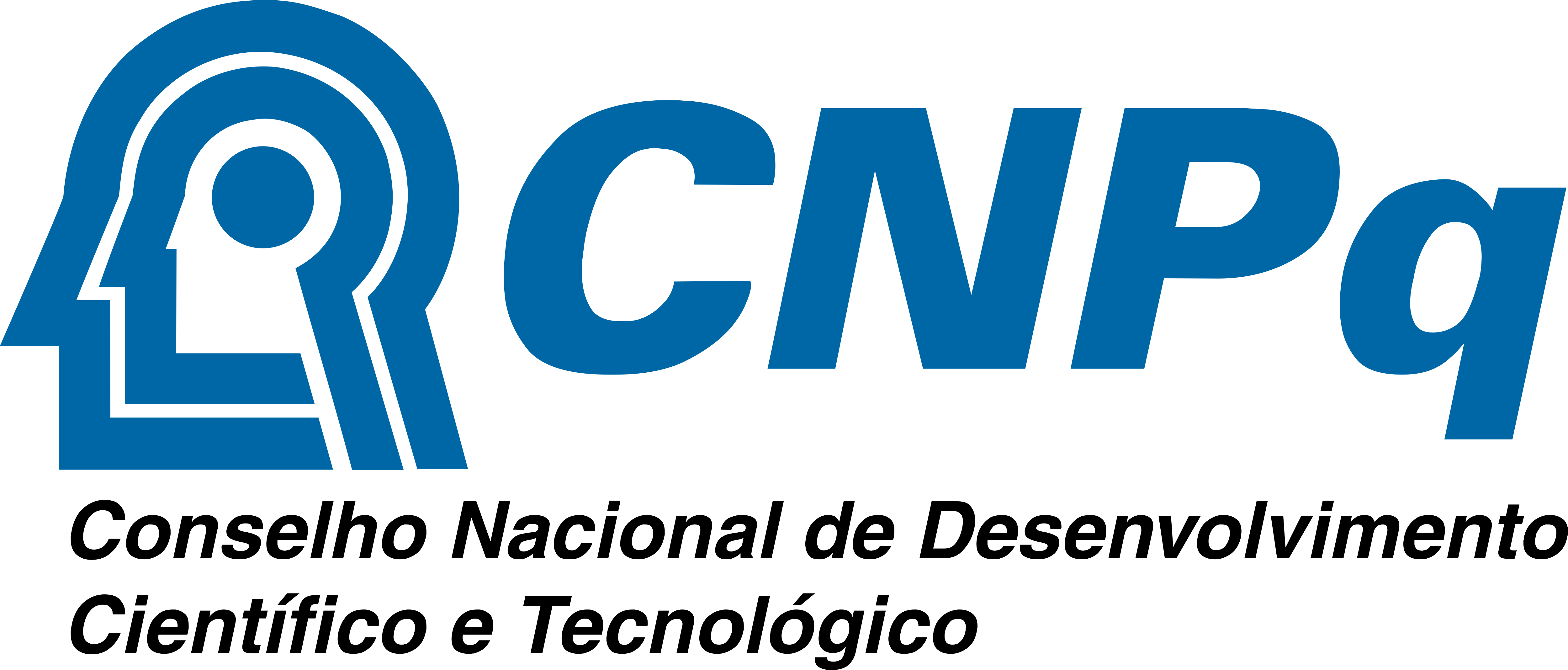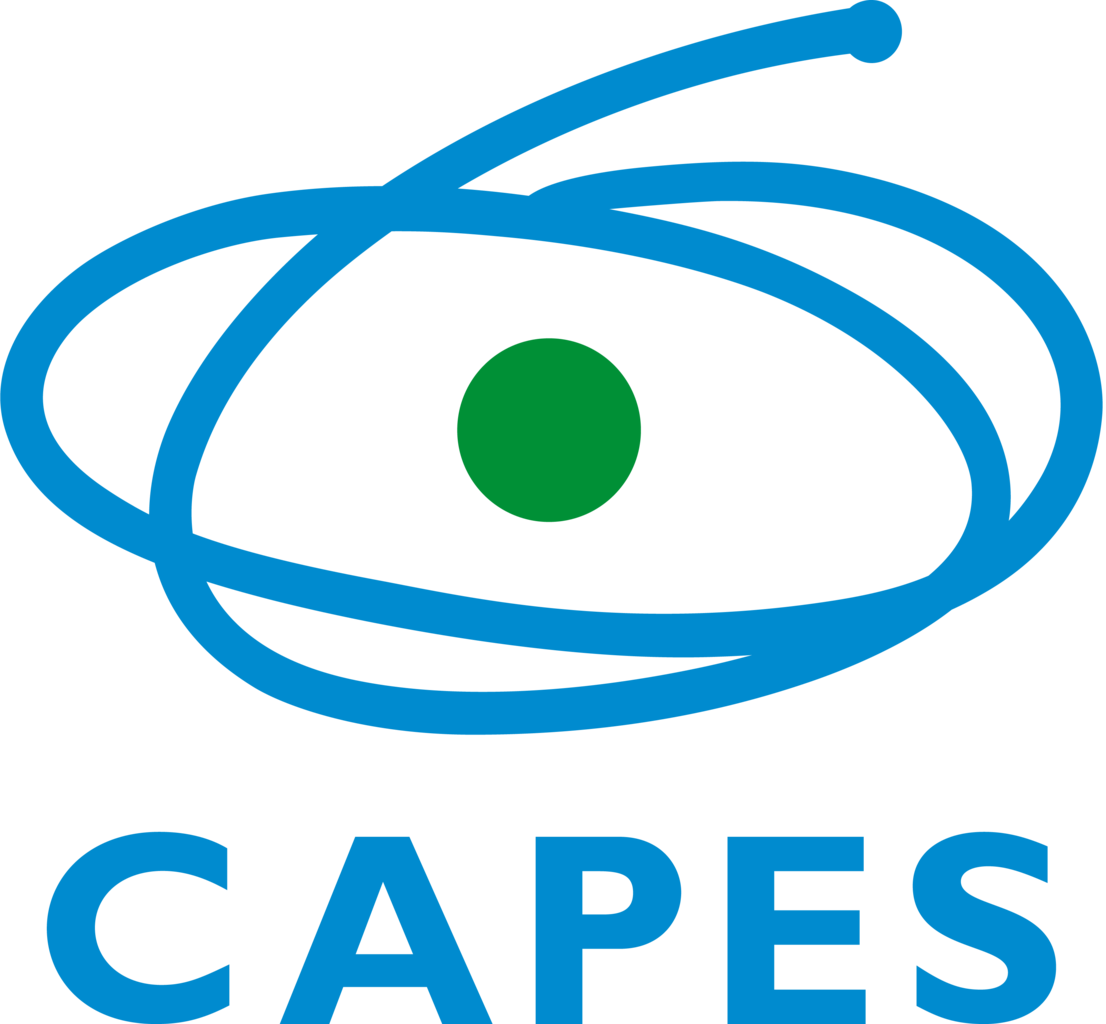PROFESSORES, VAMOS ESCAPAR DA SALA? usando o escape room como ferramenta didática no ensino de química
Palavras-chave:
Didatização Lúdica, Sala de fuga, Conceitos científicos, Formação inicialResumo
Este artigo relata os resultados obtidos numa pesquisa que investigou as percepções dos estudantes em formação inicial em química sobre os efeitos da integração pedagógica inovadora em sala de aula ao utilizar o Escape Room Pedagógico Portátil (ERPP). Diante dessa consideração, buscamos contribuir com resultados empíricos obtidos por meio da análise teórica sobre o potencial deste jogo na educação química. O jogo foi elaborado visando reforçar conceitos importantes abordados em um módulo do curso de química geral. Utilizamos um desenho de pesquisa pautado no paradigma interpretativo de métodos qualitativos por meio de estudo descritivo. Os resultados qualitativos sugerem uma melhora significativa no fluxo de sala de aula, aumento da motivação, desenvolvimento de habilidades, etc. O jogo quando utilizado de forma eficaz funciona como uma ferramenta didática de baixo custo e com alto impacto na aprendizagem dos alunos. Por fim, implicações para a prática e direções para pesquisas futuras são discutidas.
Downloads
Referências
ARNAB, S. et al. An adaptation of the ‘Escape Rooms’methodology in online learning to facilitate and investigate active learnerled activities and experiences. In: Proceedings of the 15 th European Conference on Game Based Learning, ECGBL 2020, 2021.
BARNES, M.; ENGET, K. A. TIME is of the Essence: An Audit Escape Room Activity. Issues in Accounting Education, v. 37, n. 1, p. 91–108, 2022.
BORREGO, C. et al. Room escape at class: escape games activities to facilitate the motivation and learning in computer science. Journal of Technology and Science Education, v. 7, n. 2, p. 162–171, 2017.
BUCHNER, J.; RÜTER, M.; KERRES, M. Learning with a digital escape room game: before or after instruction? Research and practice in technology enhanced learning, v. 17, n.1, p. 1-16, 2022.
CLARE, A. Escape The Game: How to make puzzles and escape rooms. Wero Creative Press, 2015.
CLEOPHAS, M. G.; CAVALCANTI, E. L. D. Escape Room no Ensino de Química. Revista Química Nova na Escola, v. 42, n.1, p. 45-55, 2019.
CLEOPHAS, M. G.; CUNHA, M. B. Contribuições da fotografia científica observatória (FoCO) para o ensino por investigação. R. bras. Ens. Ci. Tecnol., v. 13, n. 1, p. 349-381, 2020.
CLEOPHAS, M. G.; SOARES, M. H. F. B (org). Didatização Lúdica no Ensino de Química/Ciências. São Paulo: Editora Livraria da Física, 2018.
CRUZ, M. R. D. F. ‘Escapando de la clase tradicional’: The escape rooms methodology within the spanish as foreign language classroom. Revista Lusofona de Educação, v. 46, p. 117–137, 2019.
FOTARIS, P.; MASTORAS, T. Escape Rooms for Learning: A Systematic Review. In: Elbaek, L.; Majgaard, G.; Valente, A.; Khalid, S. (Eds.). Proceedings of the 13 th International Conference on Game Based Learning, ECGBL 2019, p. 235-243, 2019.
GALLEGOS, C. et al. The use of a gamebased learning platform to engage nursing students: a descriptive, qualitative study. Nurse Educ. Pract., v. 27, p. 101–106, 2017.
GILLHAM, B. Case Study Research Methods. Continuum, London, 2000.
GORDILLO, D. et al. "Evaluating an Educational Escape Room Conducted Remotely for Teaching Software Engineering". In: IEEE Access, v. 8, p. 225032-225051, 2020,
GUCKIAN, J.; EVESON, L.; MAY, H. The great escape? The rise of the escape room in medical education. Future Healthcare Journal, v. 7, n. 2, p. 112-115, 2020.
HUIZINGA, J. Homo Ludens - O jogo como elemento da cultura (Homo Ludens - The Cultural Influence). Sao Paulo: Perspectiva, 1938.
KAPUR, M. Examining productive failure, productive success, unproductive failure, and unproductive success in learning. Educational Psychologist, v. 51, n. 2, p. 289–299, 2016.
LINN, M. C. Using ICT to teach and learn science. In: Holliman, R.; Scanlon, E. (Eds.). Mediating science learning through information and communications technology. London, UK: Routledge Falmer, 2013, p. 9–26.
LIU C. et al. Feasibility of a Paediatric Radiology Escape Room for Undergraduate Education. Insights Imaging, v. 11, p. 1–11, 2020.
LOIBL, K.; ROLL, I.; RUMMEL, N. Towards a theory of when and how problem solving followed by instruction supports learning. Educ. Psychol. Rev., v. 29, p. 693-715, 2016.
MANZANO A. et al. Gamificación y Breakout Edu en Formación Profesional. El programa «Grey Place» en Integración Social. Rev. Educ. Mediática TIC, v. 9, p. 1–20, 2020.
MANZANO-LEÓN, A. et al. Escape Rooms as a Learning Strategy for Special Education Master’s Degree Students. Int. J. Environ. Res. Public Health, v. 18, p. 1-13, 2021.
MARKOVÁ, I. Towards an epistemology of social representations. Journal for The Theory of Social Behaviour, v. 26, n. 2, p. 177-196, 1996.
MEIJER, P. C.; VERLOOP, N.; BEIJAARD, D. Exploring language teachers’ practical knowledge about teaching reading comprehension. Teaching and Teacher Education, v. 15, p. 59-84, 1999.
NEUMANN, K. L.; ALVARADO-ALBERTORIO, F.; RAMÍREZ-SALGADO, A. Online Approaches for Implementing a Digital Escape Room with Preservice Teachers. Journal of Technology and Teacher Education, v. 28, n. 2, p. 415-424, 2020.
PAN, R.; LO, H.; NEUSTAEDTER, C. Collaboration, Awareness, and Communication in RealLife Escape Rooms. In: DIS '17 - Proceedings of the 2017 Conference on Designing Interactive Systems. Edinburgh: UK, p. 1353-1364, 2017.
PRINCE, M. Does active learning work? A review of the research. J. Eng. Educ., v. 93, p. 223–231, 2004.
PSCHEIDT, C. F. D. M.; CLEOPHAS, M. G. Escape Room Pedagógico como uma estratégia de aprendizagem para o desenvolvimento das competências educacionais e desencadeamento do flow. Revista Eletrônica Ludus Scientiae, v. 5, p. 259-282, 2021.
SANCHEZ, E.; PLUMETTAZ-SIEBER, M. Teaching and Learning with Escape Games from Debriefing to Institutionalization of Knowledge. In: GENTILE, M.; ALLEGRA, M.; SÖBKE, H. (eds.). Games and Learning Alliance. GALA 2018, Lecture Notes in Computer Science, v. 11385, p. 242–253, 2019.
TARALDSEN, L. H. et al. A review on use of escape rooms in education – touching the void. Education Inquiry, v. 13, n. 2, p. 169-184, 2022.
VELDKAMP, A. et al. Escape education: A systematic review on escape rooms in education. Educ. Res. Rev., v. 31, p. 1-18, 2020.
VON KOTZEBUE, L.; ZUMBACH, J.; BRANDLMAYR, A. Digital Escape Rooms as Game-Based Learning Environments: A Study in Sex Education. Multimodal Technologies and Interaction, v. 6, n. 2, p. 1-13, 2022.
Downloads
Publicado
Como Citar
Edição
Seção
Licença
Copyright (c) 2023 Maria das Graças Cleophas, Everton Bedin

Este trabalho está licenciado sob uma licença Creative Commons Attribution 4.0 International License. Declaro que o trabalho apresentado é original, não tendo sido submetido à publicação em qualquer outro periódico nacional ou internacional, quer seja em parte ou em sua totalidade. Assim, concordo que os direitos autorais a ele referentes se tornem propriedade exclusiva da Editora da Revista Exitus, sendo vedada qualquer reprodução total ou parcial, em qualquer outra parte ou meio de divulgação impresso ou eletrônico, sem ser citada a fonte. Declaro, ainda, estar ciente de que a não observância deste compromisso submeterá o infrator a sanções e penas previstas na Lei de Proteção de Direitos Autorais (Nº 9.610, de 19/02/1998).











